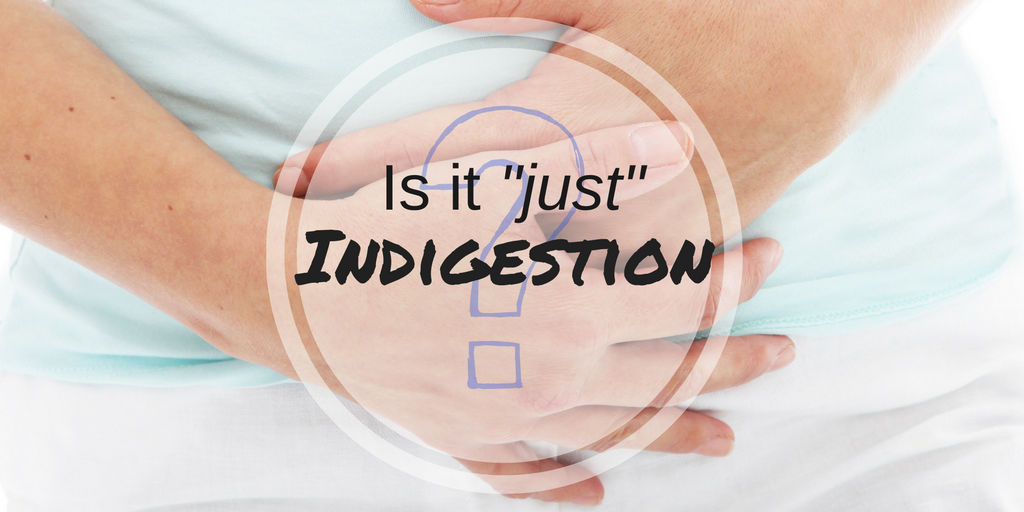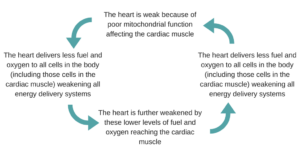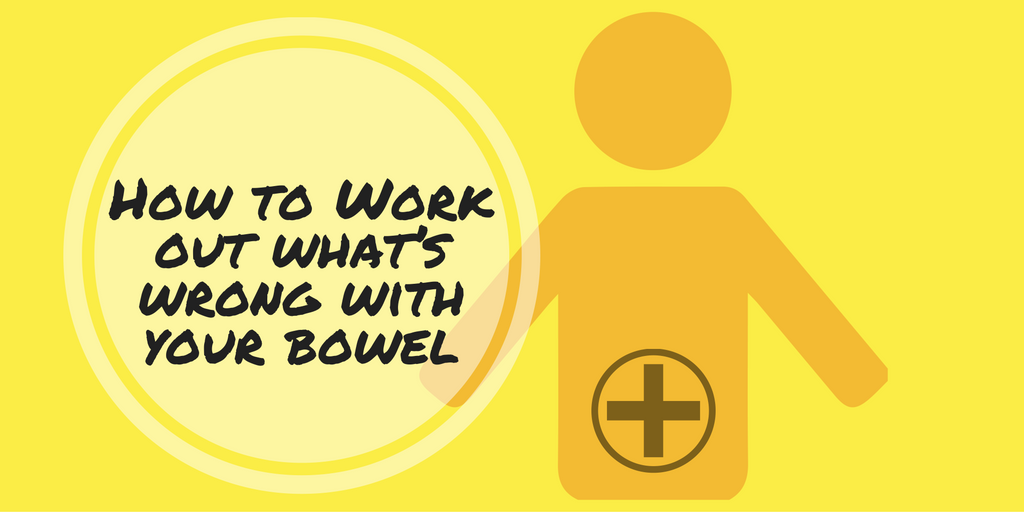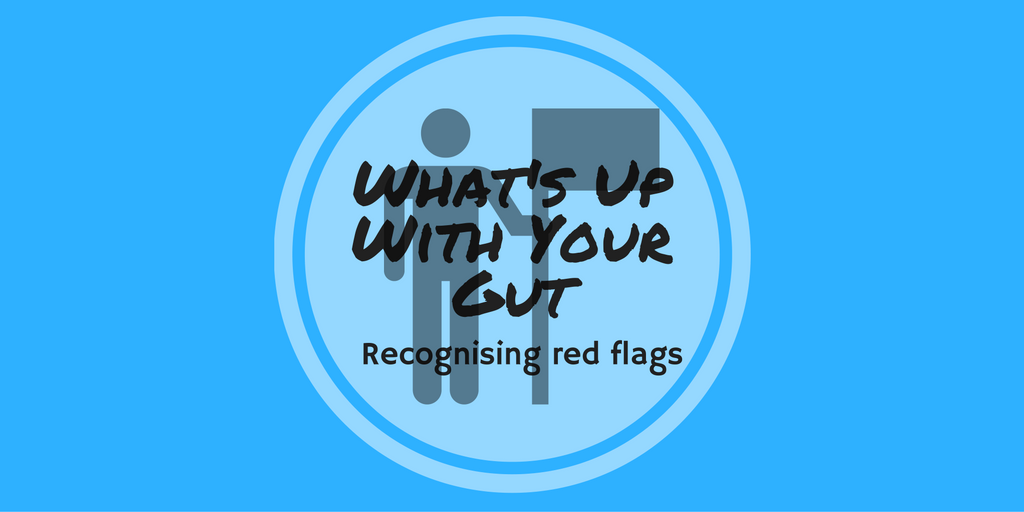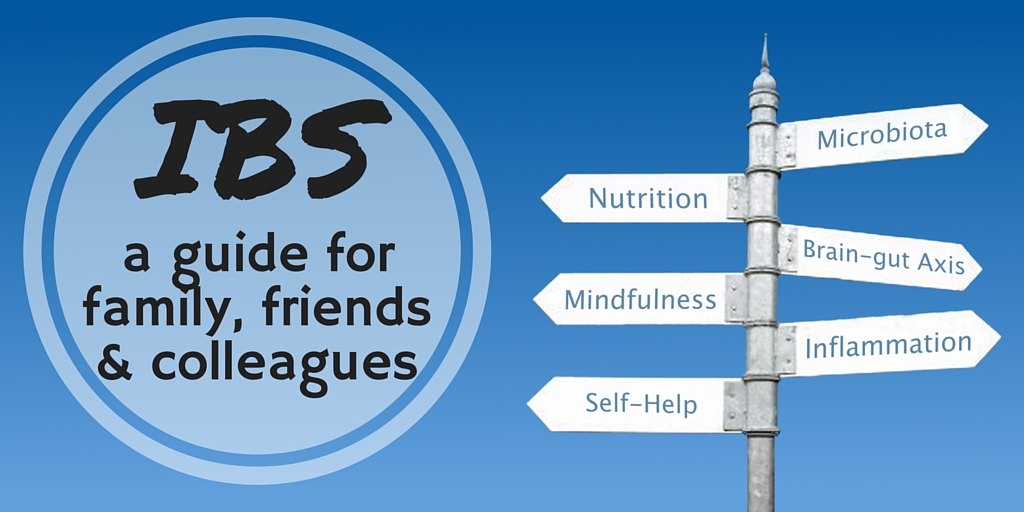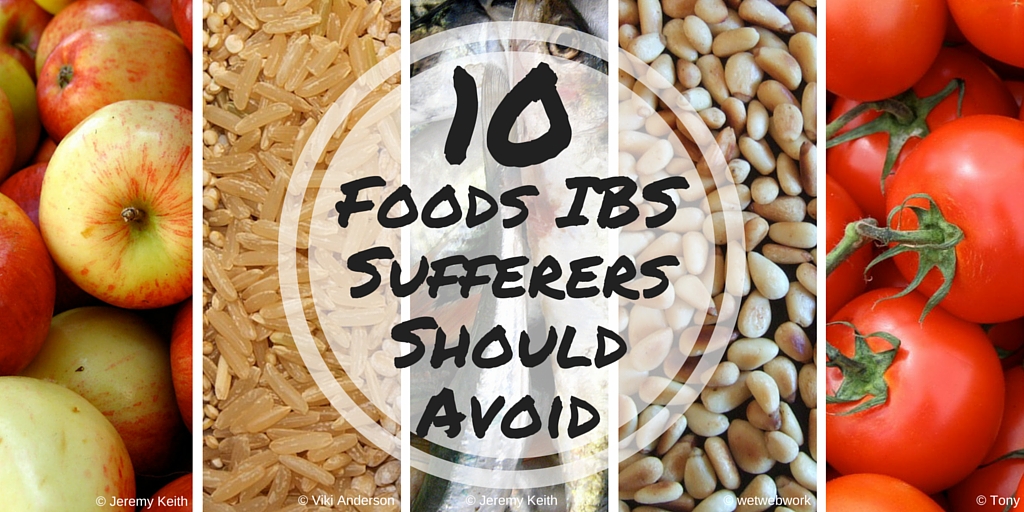
Irritable bowel syndrome (IBS) is an invisible, fluctuating disease and as such it is often difficult for family members, friends, colleagues, health service professionals, welfare insurance administrators and others who encounter people with the disease to understand the suffering of the individual.
People with IBS are often faced with troublesome and sometimes severe physical symptoms that in different ways obstruct or challenge their everyday life. The disease is by its nature potentially shameful. In our modern western society some of our most fundamental bodily functions, like flatulence and defecation, are considered to be private and nothing you would want others to know about. Hence, for many persons with IBS, sharing their illness experience does not come easily.
Among healthcare professionals, knowledge about IBS is quite often insufficient and it is regarded as a low-priority disease. Sometimes IBS patients find that their troubles are dismissed or belittled, for example, in healthcare encounters or by family members. Not being taken seriously – at home or by healthcare professionals – can be a devastating experience which affects self-image. For some people getting the diagnosis is affirming, providing a legitimate passport to the healthcare system. For others, however, being diagnosed means nothing but being a ‘closed-case’, and they feel left with insufficient information, advice and support. They find they have more questions than answers. In the jungle of potential self-management suggestions (available through various websites, blogs and chat forums) about what to eat, when to sleep or how to behave if you get urgent bowel movements and start to panic on the bus, it is easy to get confused. Being on your own, having to figure out how to live the rest of your life with an illness that won’t go away, and a disease for which there is no treatment or clear and certain ‘rules’ to follow but learning to know one’s own body and what works best, is not an easy task.
Literature about IBS has until now tended to be either too medically orientated, complex and difficult for lay people to understand, or to be like a pamphlet, too brief to be useful. Irritable Bowel Syndrome is therefore a very much welcomed contribution for all laypersons – people with IBS, family members, colleagues, neighbours and others who for some reason need to learn more about the disease, what life with IBS is about and what help is out there. The book offers a thorough explanation of the mechanisms and (as far as there is scientific evidence) likely causes of IBS, and of available pharmacological and non-pharmacological treatment options. It also portrays life with the illness from the perspective of those who live with the disease, and linked to this, a variety of self-care strategies are described. The book can of course be read as a whole, but it also forms a very useful reference book for certain aspects or topics of particular interest to the reader. I am certain that anyone who is interested in knowing more, or has specific questions, about IBS will find useful information and answers to their questions.
Cecilia Håkanson RN, PhD is a researcher and senior lecturer at the Palliative Research Centre and the Department of Health Care Sciences at Ersta Sköndal Bräcke University College, Stockholm, Sweden. She is also an affiliated researcher at Karolinska Institutet, Department of Neurobiology, Care Science and Society, in Stockholm, Sweden.
This extract is taken from Irritable Bowel Syndrome: Navigating your way to recovery By Dr Megan Arroll and Professor Christine Dancey



